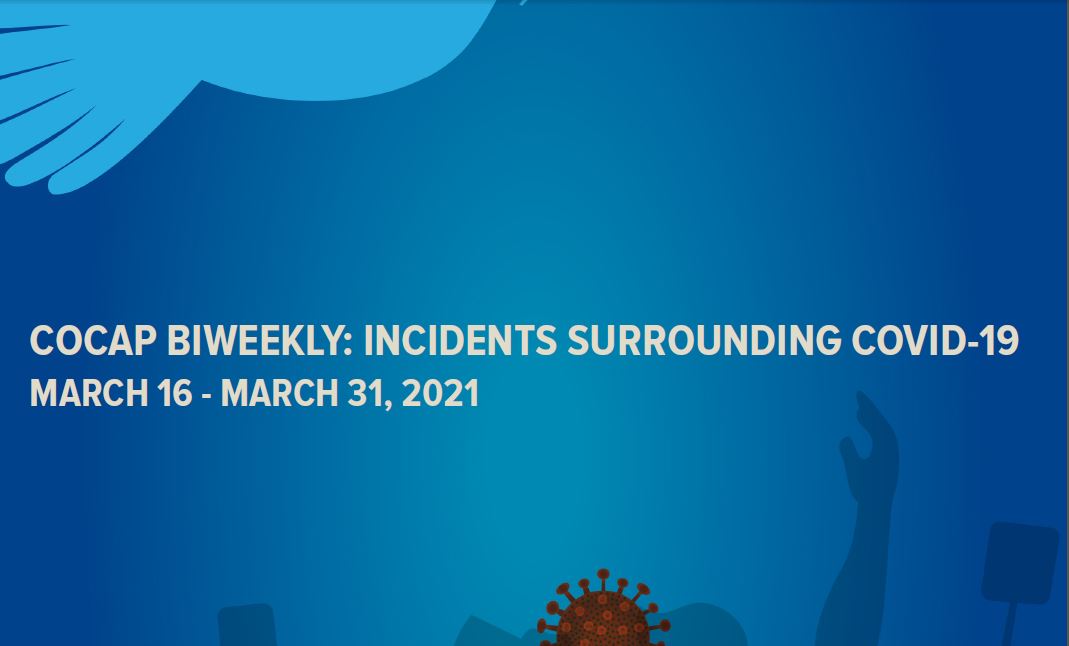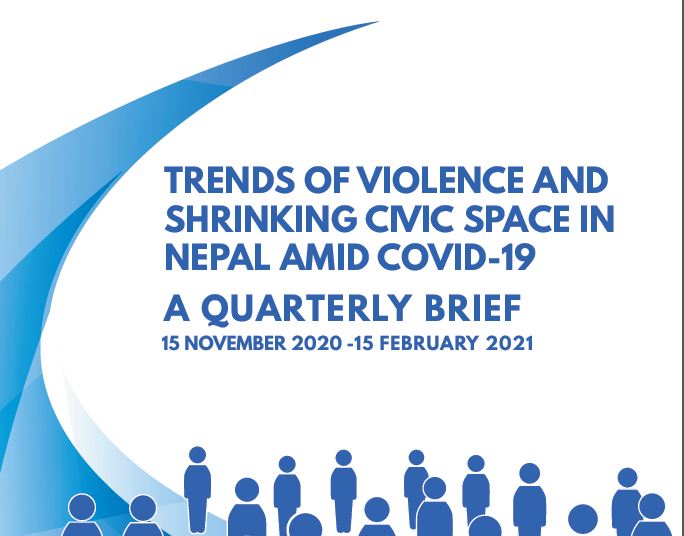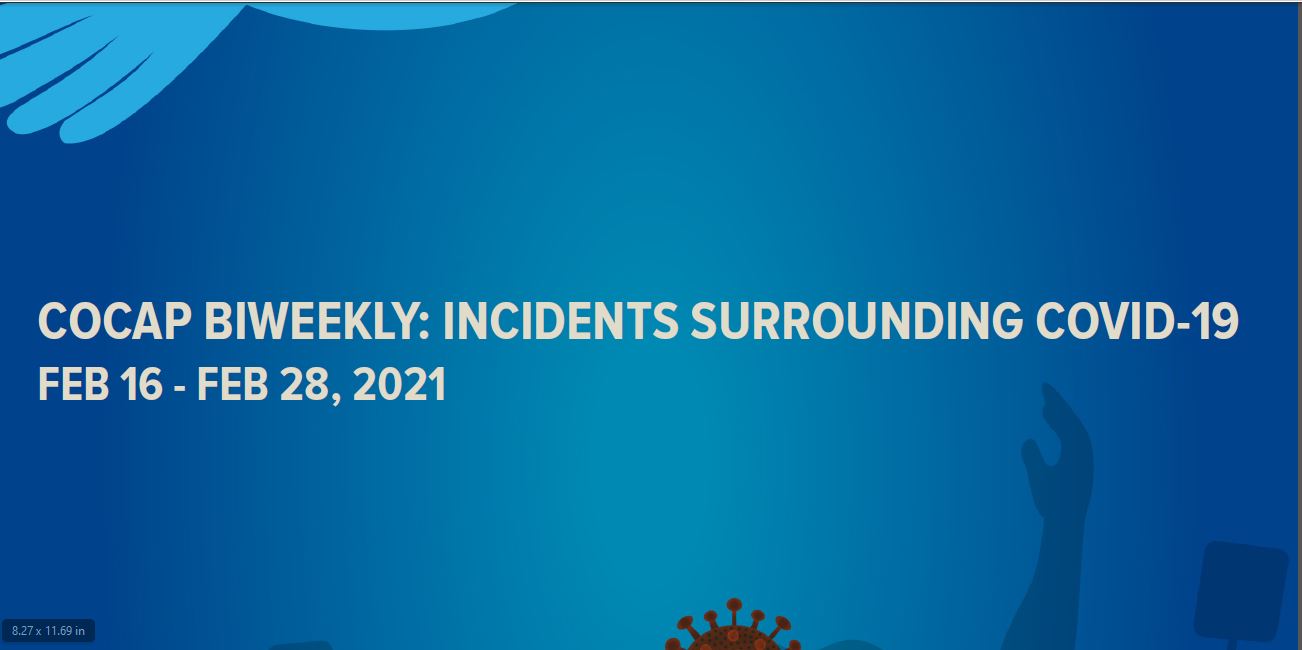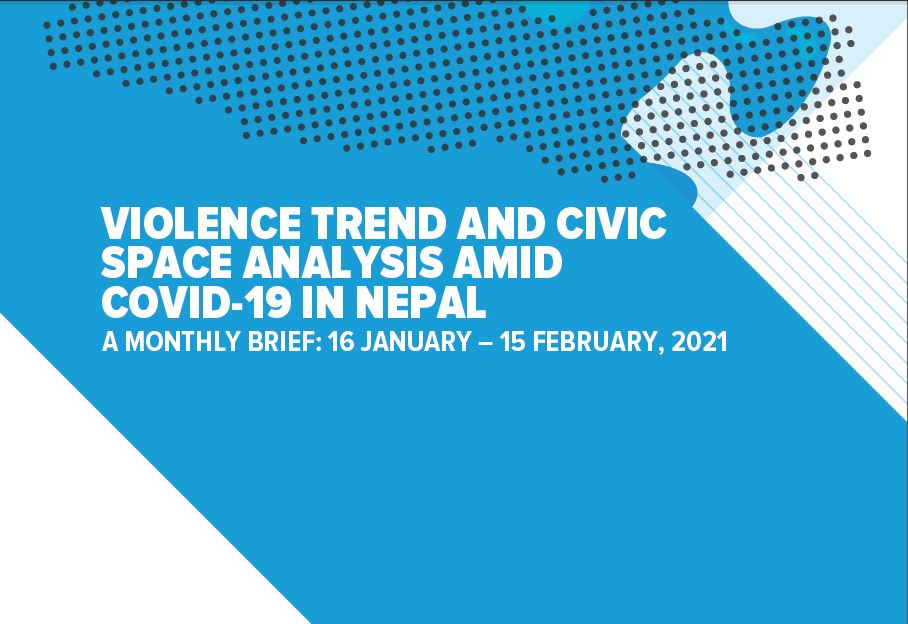Incident Reports
First she tested positive for Covid-19. Then she started getting death threats
2020-03-23
When Prasiddhi Shrestha decided to return to Nepal after her college in Paris announced that it was moving classes online due to the Covid-19 outbreak, she felt fine. It was the second week of March, and she had no symptoms of the disease. She thought that her chances of contracting the coronavirus on her way home were relatively low as long as she took precautions. Throughout the trip, she said she put on masks and gloves and always had hand sanitiser on her.
But even after reaching Nepal on March 17, she took no chances. She meticulously abided by self-quarantine measures and spent all her time behind closed doors, Shrestha told the Post. But when her Vietnamese friend, with whom she had travelled until they seperated in Doha, told her that he had tested positive for Covid-19, she decided to take a test. On March 22, Shrestha tested positive and officially became the second Covid-19 case in Nepal.
“Being the second and only active case of Covid-19 in Nepal, I knew that I would be facing scrutiny from the public and media,” said Shrestha.
But she had not anticipated the amount of vitriol that would come her way. As soon as news broke, social media was filled with comments blaming her for bringing the disease to Nepal. There were even death threats. And although her identity hadn’t been made public, she said that she was shocked and saddened.
“There was plenty of spare time while I was in isolation at the hospital, so I was active on social media and I saw all the negative comments towards me,” she said. “I was heartbroken to read such comments.”
Shrestha believes that a lot of the hatred stemmed from the fact that Nepali people had been led to believe that the coronavirus wasn’t a threat to them.
“Prior to my case and the Wuhan case, there weren’t any cases of Covid-19, and many people were under the assumption that the immunity system of Nepalis is strong enough to fight the virus,” said Shrestha. “After I tested positive, I think I created fear and anger among people.”
The stigma against Shrestha was only exacerbated by a front-page report in an English-language daily newspaper that ran with a headline speculating whether she was a “superspreader”, as in someone who unknowingly spreads the disease to a great many people. Although doctors had clearly told the media that Shrestha had been responsible and observed self-quarantine measures, speculation was rife as to how many others Shrestha had spread the disease to. As it turned out, that number was zero. None of her family or friends has since tested positive for Covid-19.
“Most media never bothered to mention that I was responsible and had stayed in self-quarantine even before I tested positive. Instead they made things up, saying I was roaming around, without quarantining myself,” said Shrestha. “I think people were angry towards me simply because the media failed to report accurately what I was doing before I tested positive.”
Shrestha’s experience, which she detailed in a blog post, is emblematic of how quickly people can turn to hate and stigma, even when it concerns a disease. But it also exposes the role of the media in aiding and abetting this kind of behaviour.
“Somehow, somewhere, someone else had decided the narrative to my story,” she wrote on her blog. “They had changed up my facts to fit theirs. I became subject and subjected to the stigmatization that surrounded coronavirus in my country.”
While people and the media were portraying discrimination and stigma against her, Shrestha said that she felt helpless, since she couldn’t even share her side of the story.
“My health was fragile at that time. I was in self isolation. And on top of that, I was getting lots of hate online. At one time, I was starting to self-stigmatise myself as well,” said Shrestha.
Despite all the hate, Shrestha said that the nurses and doctors attending to her helped her to stay positive. She also cautioned everyone against being quick to repeat verified information. The media especially has a role in verifying information before speculating. But most of all, Shrestha said, everyone should refrain from stigmatising Covid-19 patients.
“When the disease is viewed as something shameful, the patient also goes through the feeling of self-stigmatisation,” she said. “Covid-19 is not something to stigmatize and could happen to anyone and any given point, this is something we all have to understand.”
Details and Impacts
| Violent / Non-violent | Nonviolent |
| Primary Form | Threat/intimidation |
| Primary Cause | Other governance issues |
| Secondary Cause | Prejudice and Discrimination |
| Actor 1 - Number of people | n/a |
| Actor 1 - Affiliations | Citizen/Individuals |
| Actor 1 - Youth | na |
| Actor 2 - Number of people | 1 |
| Actor 2 - Affiliation (Target) | Citizen/Individuals |
| Actor 2 - Youth | youth |
Related Reports
Governance / Makawanpur
Health workers of Manahari in Makwanpur on agitation demanding Covid risk allowance
Interpersonal Violence / Baitadi
Two women health workers physically assaulted in Baitadi
Interpersonal Violence / Kabhrepalanchok
Health workers physically and verbally assaulted in Kavre during Covid-19 Vaccination
Children’s Rights / Jhapa
Relatives vandalize Advance Hospital in Damak after an infant's death
Related Trend Analysis
Analysis

THE NEPAL PEACE MONITOR ANNUAL REVIEW: 2020
October 25, 2021
Human Trafficking / LGBT+ Rights / GBV / Political / Children’s Rights / Senior Citizens’ Rights / HRD Issues / Human Rights / Interpersonal Violence / Governance / Covid-19 / Civic-Space / PwD
Analysis
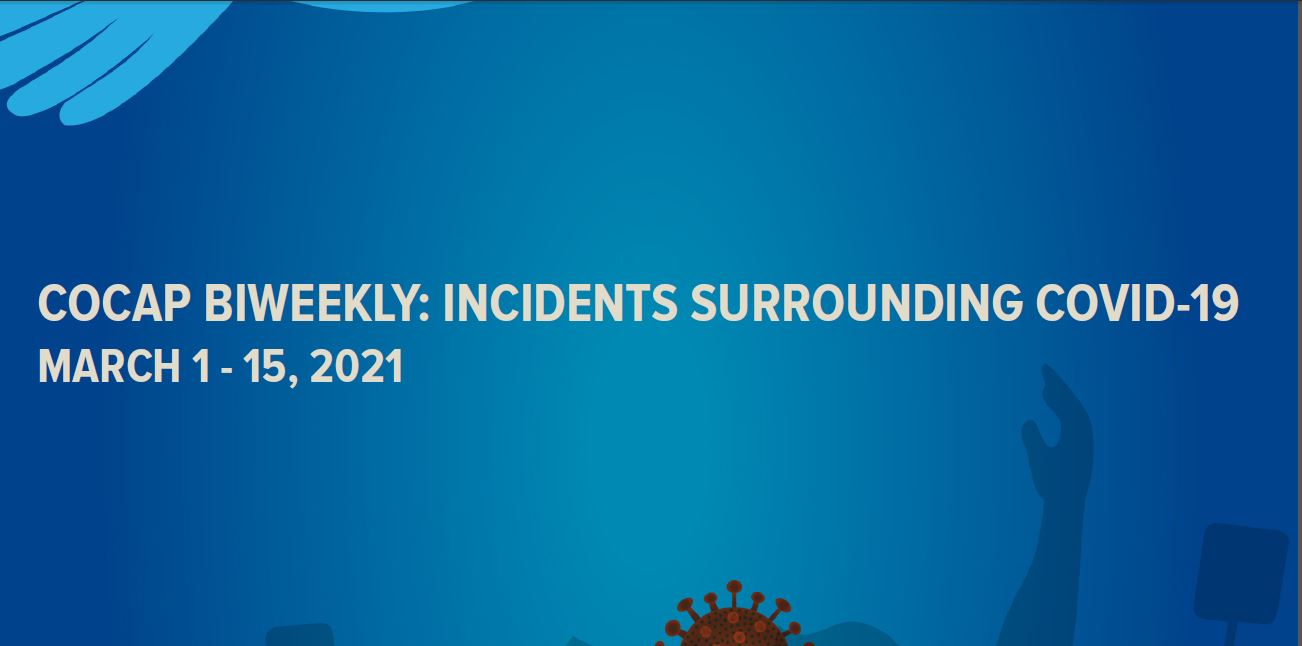
COCAP BIWEEKLY: INCIDENTS SURROUNDING COVID-19 MARCH 1 - 15, 2021
March 25, 2021
GBV / Governance / Covid-19
